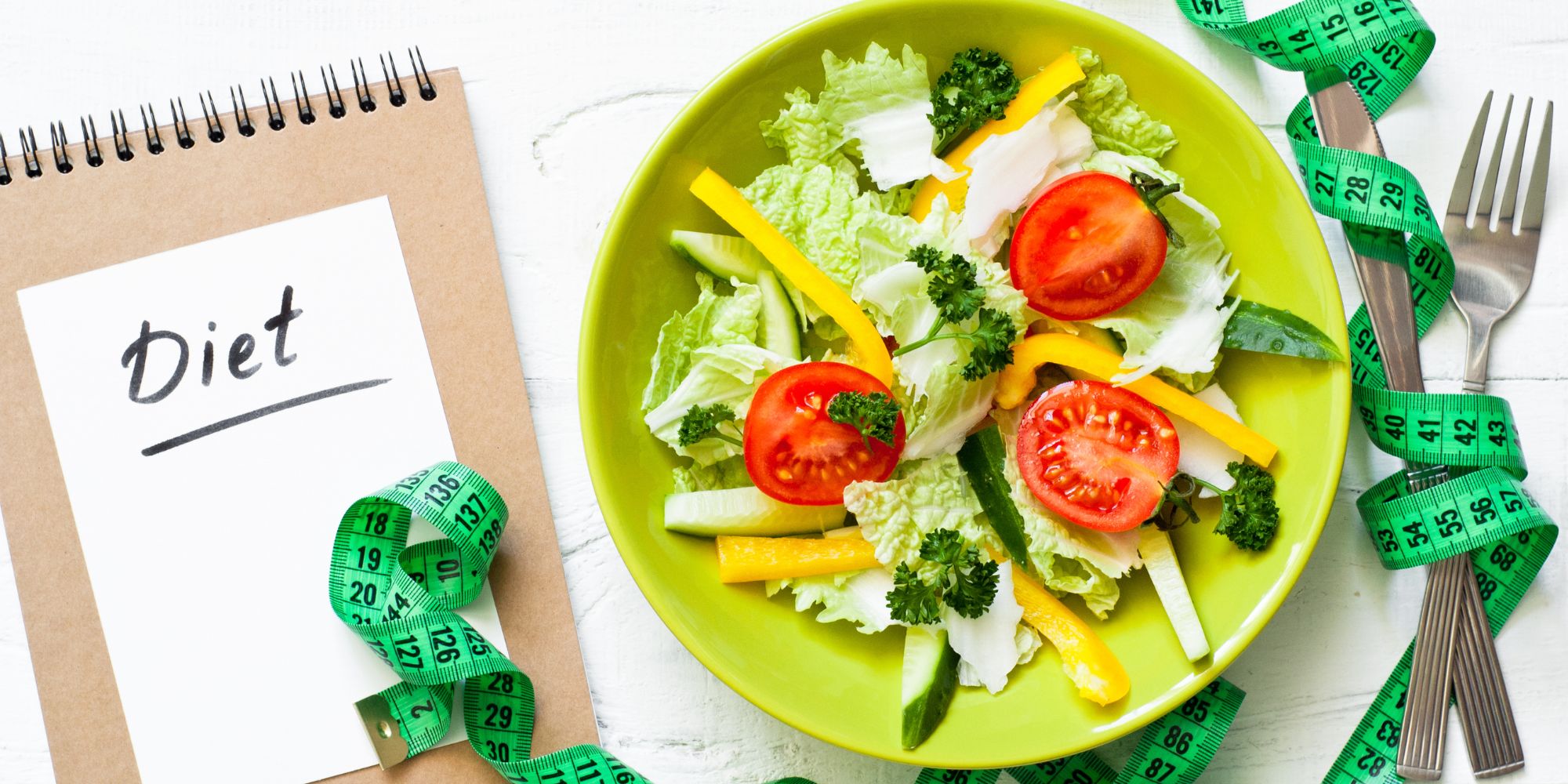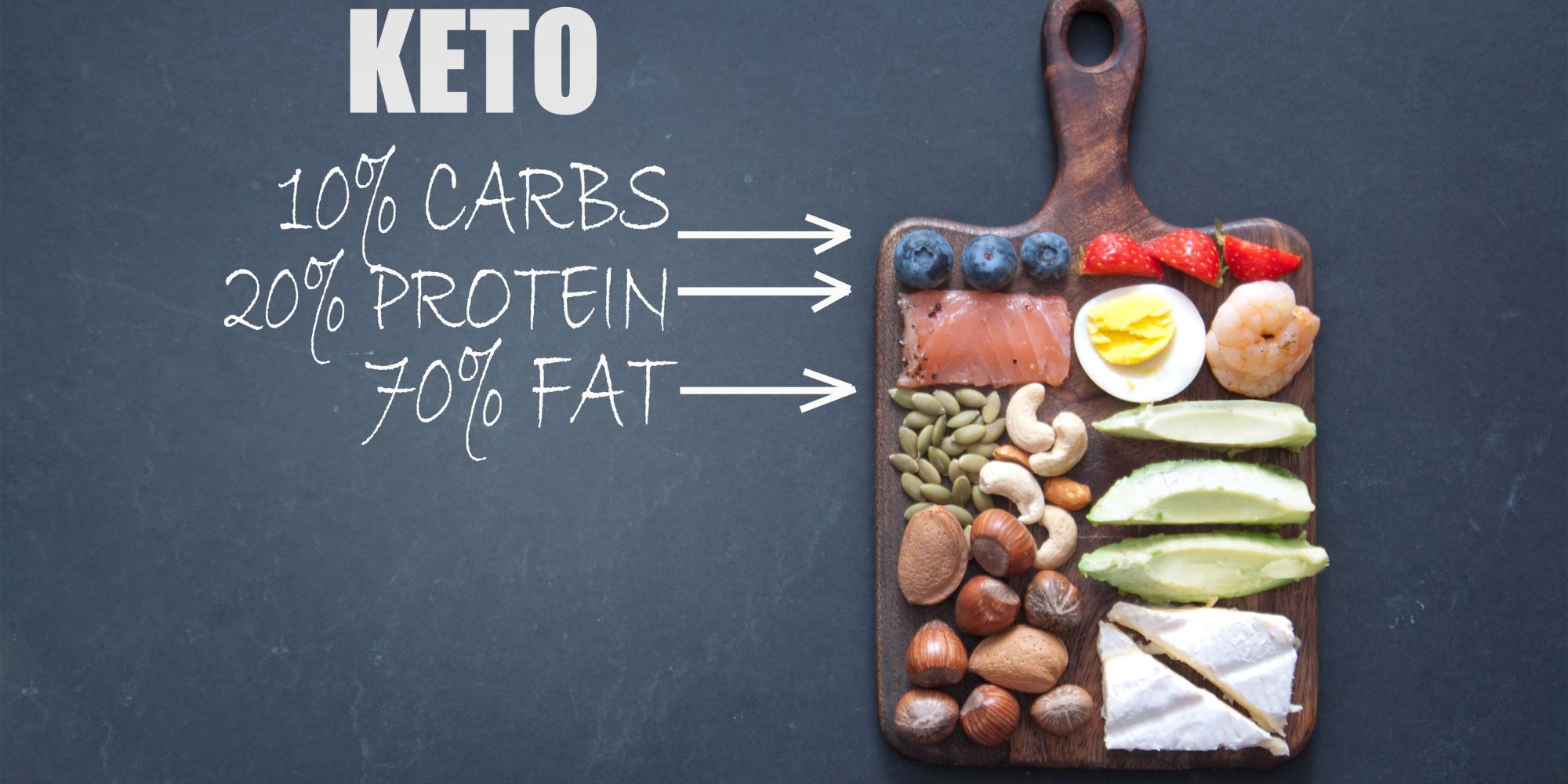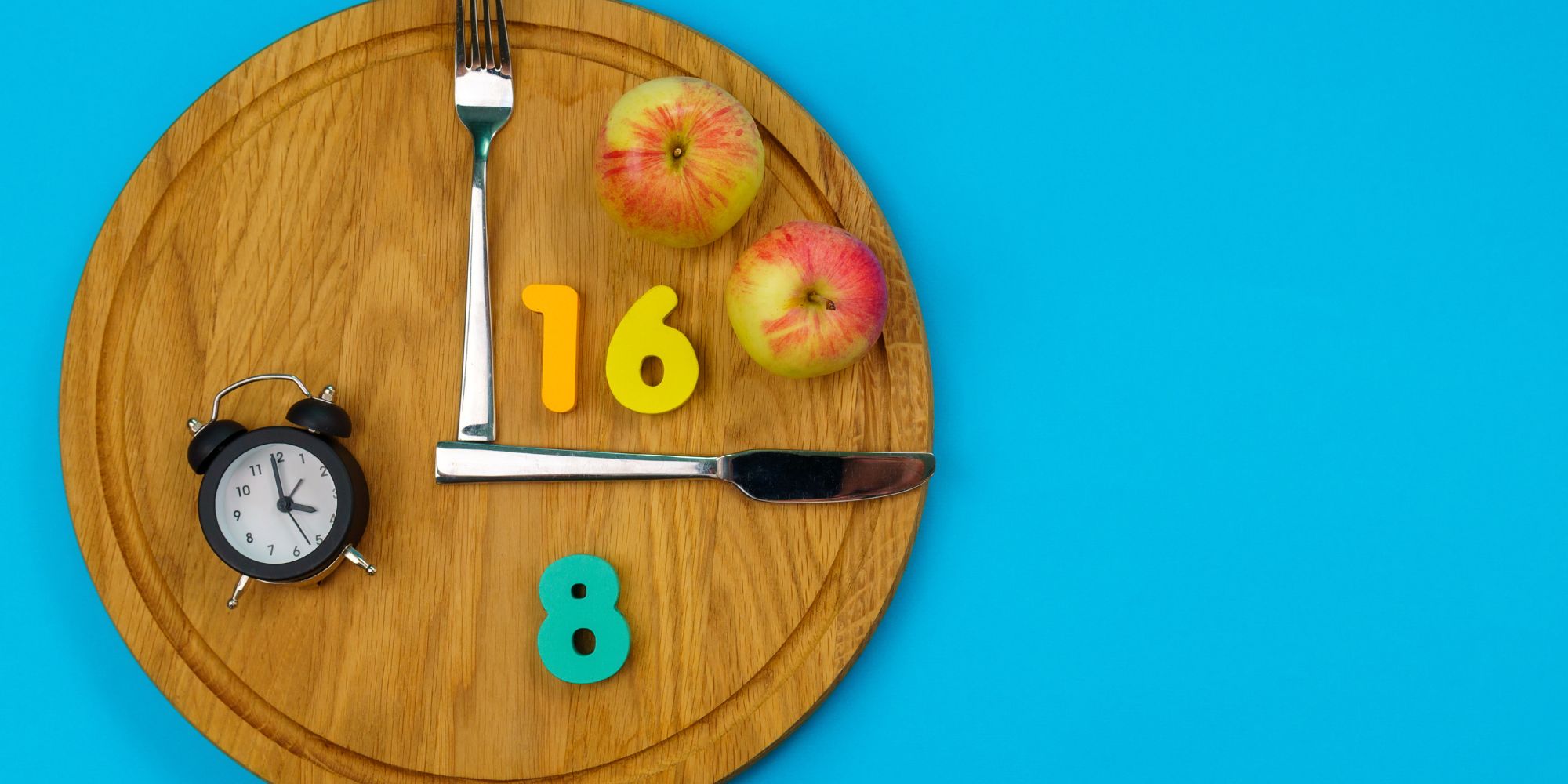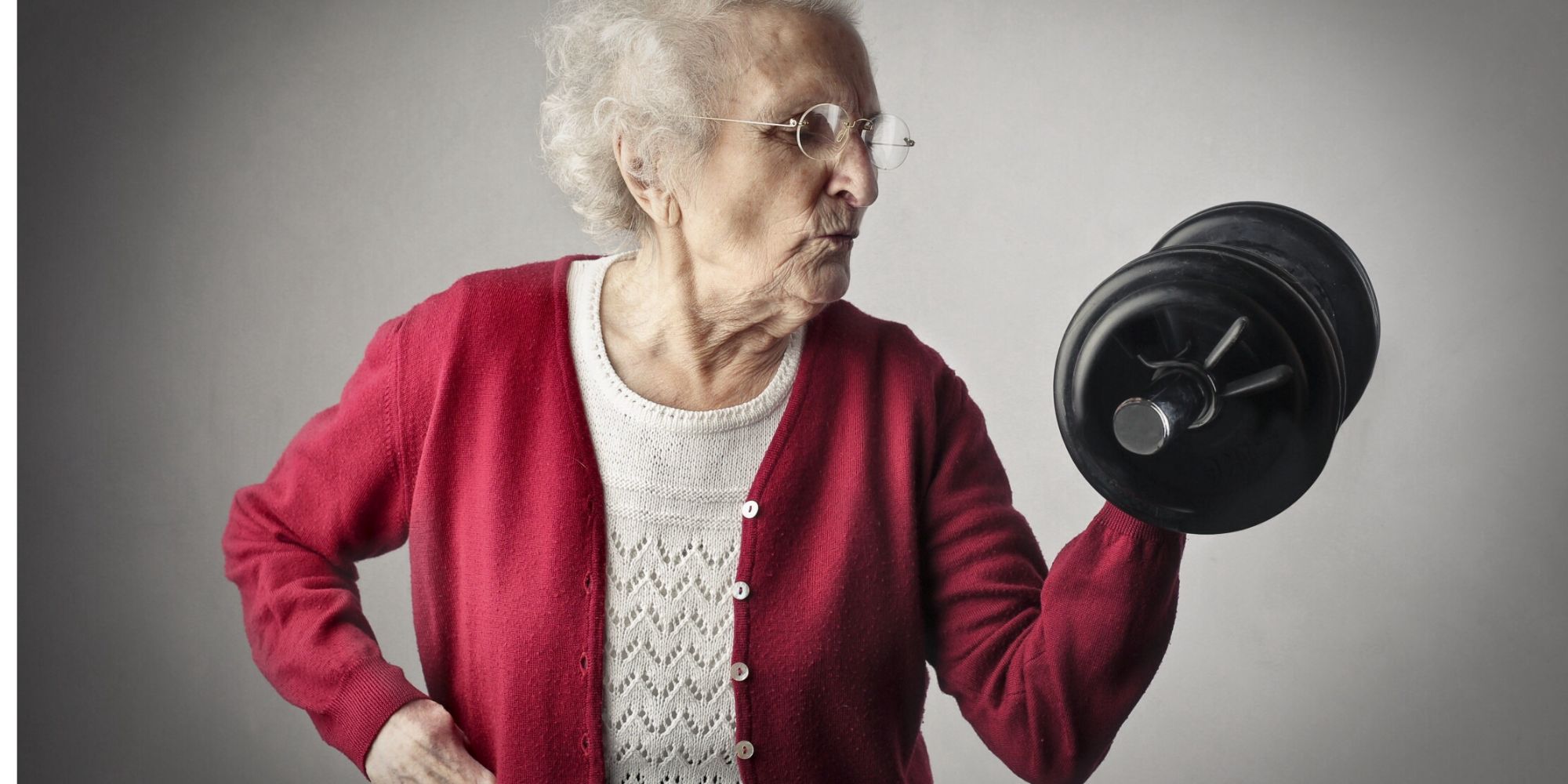

The Diet Dilemma: Comparing and Contrasting Diets and Their Impact on Women's Health
With a plethora of diet plans available today, choosing the right one can seem overwhelming.
Each diet comes with its own set of rules, benefits, and potential drawbacks. In this blog post, we'll compare and contrast some popular diets and discuss how they might impact women's health:

- Mediterranean Diet: The Mediterranean diet focuses on plant-based foods, healthy fats like olive oil, lean proteins, whole grains, and moderate wine consumption. It has been linked to heart health, weight management, and longevity.
The high fiber content for women can support digestive health and aid in weight management. The emphasis on omega-3 fatty acids benefits brain health and reduces inflammation.

Keto Diet: The ketogenic diet is a low-carb, high-fat diet designed to put your body into ketosis, burning fat for energy instead of carbohydrates. Many people find it effective for weight loss.
However, women should approach it cautiously, as the drastic reduction in carbs can lead to nutrient deficiencies and hormonal imbalances. Some women may experience changes in their menstrual cycle or mood swings on the keto diet.
Vegan Diet: A vegan diet eliminates all animal products, focusing on plant-based foods. It's rich in fiber, antioxidants, and other nutrients.
While it can promote weight loss and reduce the risk of certain diseases, women on a vegan diet must ensure they get enough protein, vitamin B12, iron, and omega-3 fatty acids abundant in animal products.

Intermittent Fasting: Intermittent fasting involves cycling between periods of eating and fasting. It can aid in weight loss and improve metabolic health.
However, some women may find intermittent fasting disrupts their menstrual cycle or leads to hormonal imbalances. It's essential to approach this diet method carefully and listen to your body's cues.
Paleo Diet : The Paleo diet aims to emulate the diet of our hunter-gatherer ancestors, focusing on whole foods and excluding processed foods, grains, and dairy.
While it can lead to weight loss and improved metabolic health, excluding whole food groups like grains and dairy can lead to nutrient deficiencies. Women following the Paleo diet should ensure they're getting enough calcium and fiber from other sources.

In conclusion, each diet has pros and cons, and what works well for one woman might not work for another. It's essential to consider your individual nutritional needs, lifestyle, and health goals when choosing a diet. Consulting with a healthcare provider or a registered dietitian can provide personalized guidance. Remember, a balanced, varied diet that includes all food groups is often the best approach to support women's health.




.jpg?ext=.jpg)



Comments